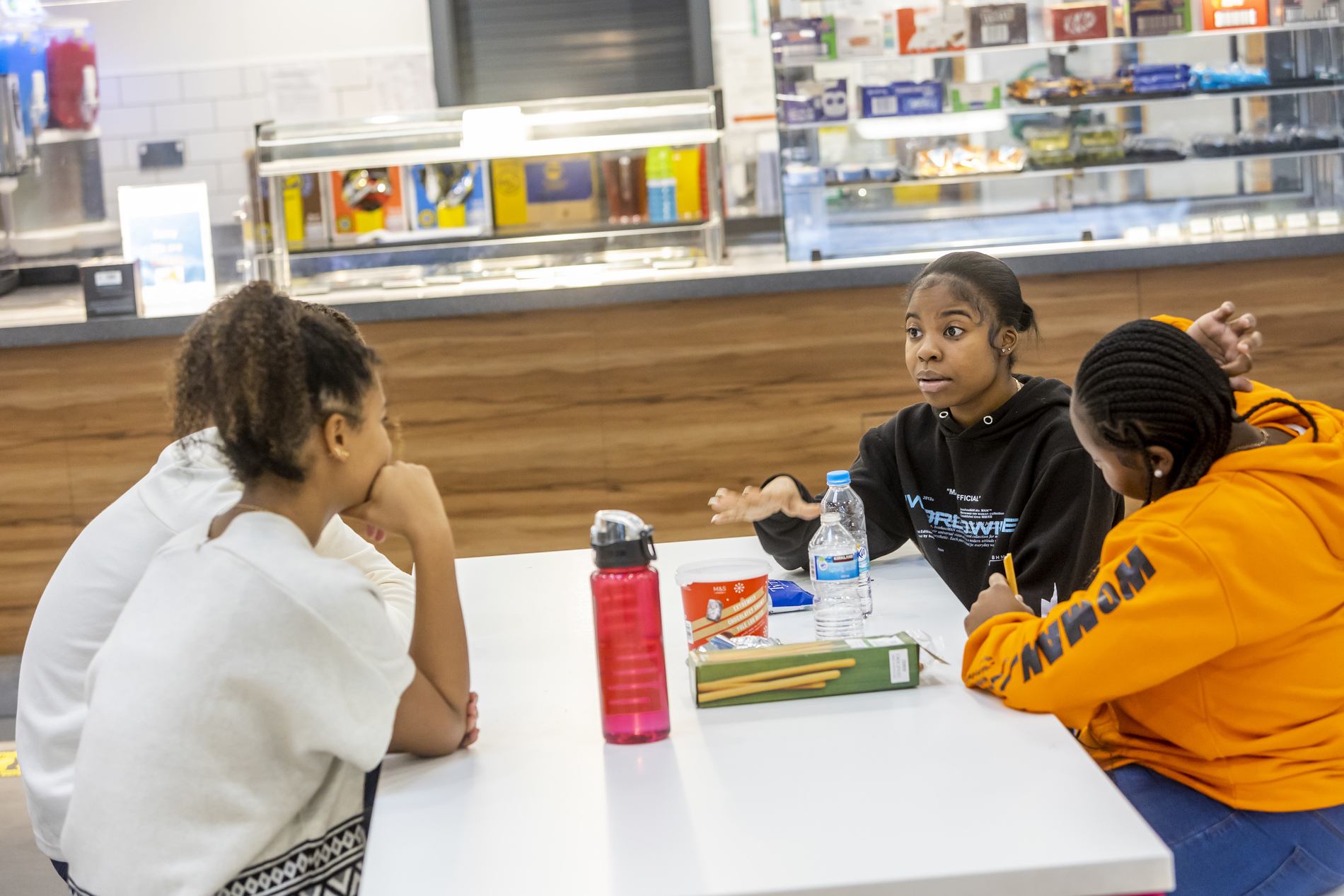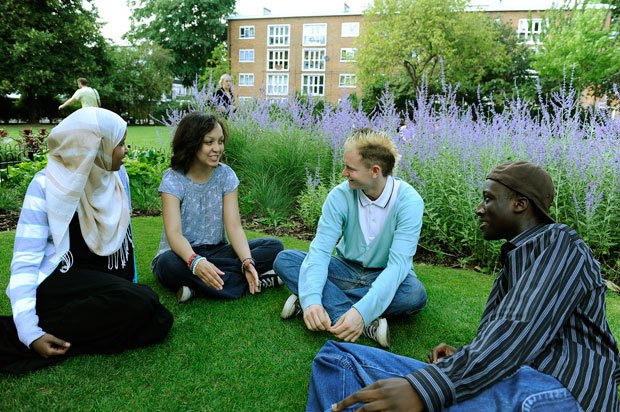Job skills
How do you bag a job? Qualifications and an impressive CV? Not necessarily. Ask yourself, what skills do you have? And remember, job skills aren’t just limited to what you learn in the classroom. Life experiences can make all the difference in a job interview or application. Read on to learn how to show off your skill set to secure a job.

What does employability mean?
In a nutshell, it means your ability to find and maintain a job using all your skills – not just based on your grades or cover letters. “It’s about making sure you fit in with an organisation,” says Claire McCartney, an advisor at the Chartered Institute of Personnel and Development (CIPD). “Believe it or not, it’s not all about qualifications. You need to think about what makes you stand out from other people. Quite often this’ll be extra stuff you’ve done in your personal life, such as taking on extra responsibilities at school. Those are the things that make you more human and someone people want to work with.”
Skills to have for a job
We hate to break it to you but, according to the CIPD, employers have long-term doubts about the employability of young people leaving education. So how can you prove them wrong? Here are some key soft skills to have for a job. And that Prospects show us employers want in their employees:
- Self-awareness: knowing your strengths and weaknesses and having confidence in your own abilities;
- Initiative: anticipating challenges and opportunities, setting and achieving goals and acting independently;
- Willingness to learn: being inquisitive, enthusiastic and open to new ideas;
- Action planning: prioritising, making decisions, assessing progress and having the problem solving skills to make changes when necessary;
- Interpersonal & communication skills: relating well to others and establishing good working relationships with your colleagues.
How do I get job skills?
Take a long hard look at what you do in your spare time and ask yourself, what skills do you have? You’ll be surprised at the answer.”You should take all your activities into account,” says Ali Moran, an HR consultant at Workplace Law Group. For example, babysitting shows the specific skills of responsibility, reliability and trustworthiness. Being in sports clubs could demonstrate leadership, organisation and being a team player.” All of these are transferable skills that can ultimately work to help you get a job. Plus, figuring out what skills you have already will also give you more to say in a job interview.
But don’t panic if sport or babysitting isn’t your thing, because soon you won’t need to rely on outside work. Education providers are slowly waking up to the need to teach professional skills and give realistic career advice. Some even offer modules and schemes teaching some of these key skills. They can be found in places like Liverpool John Moores University’s World of Work programme, and Glasgow Caledonian University’s work-based learning project, Real WoRLD.
Work experience and work skills
Work experience is highly valued by employers. It shows enthusiasm and dedication. It’s also a great way to suss out potential career choices, and you may get a good reference out of it, too. Just remember that when you’re writing an application you need to highlight the relevant types of skills the job description is looking for.
“You need to do a lot of small, extra things if you wanna stand out,” says Claire. “Try to get a summer work placement. Even if it’s just for two weeks, it can still help you plan where you’d like your career to go.” The good news is that as your career develops and you get more and more experience, you’ll have an abundance of job skills to draw upon.
Vicki Martin, a 22-year-old job coach, chose to get work experience in film while studying at uni. “Work experience forces you to stand on your own two feet and get used to solving problems,” she says. “I helped with community-based projects and got the opportunity to meet all sorts of different people. Coincidentally (not really), that’s exactly what I do now by supporting people with learning difficulties in their workplaces.”
Learn more about work experience in this article.
Voluntary work and job skills
Doing voluntary work is another way to enhance your CV and expand your skill set. That way, when someone asks ‘What skills do you have?’ you’ll be ready and prepped with an answer.
“It shows initiative and a willingness to get involved,” says Ali. A good place to start is youth volunteering charity V, which focuses on encouraging 16 to 25-year-olds to volunteer. You can also search for opportunities near where you live, or even apply for cash to start your own project. Alternatively, you might wanna look into gap year schemes, such as The Year In Industry (YINI), which finds paid placements for university students before or during their degrees. Plus, The Mix has loads of articles to help you learn more about volunteering right here.
What if I want to earn while I learn?
Apprenticeships offer work-based learning combined with off-the-job training. They’re a good option for those wanting more employability skills and experience. For example, Young Apprentice of the Year 2009, 16-year-old Tashi French, became an apprentice while taking her GCSEs. “It boosted my confidence massively. You meet new people from different schools and you’re in a new environment,” she explains. “Just bear in mind that it’s an adult environment, so you have to change the way you act.”
You can learn more about apprenticeships here. And take a look at the rest of The Mix’s support articles on getting a job here.
Next Steps
- Chat about this subject on our Discussion Boards.
By Anne Wollenberg
Updated on 06-Jun-2022
No featured article






